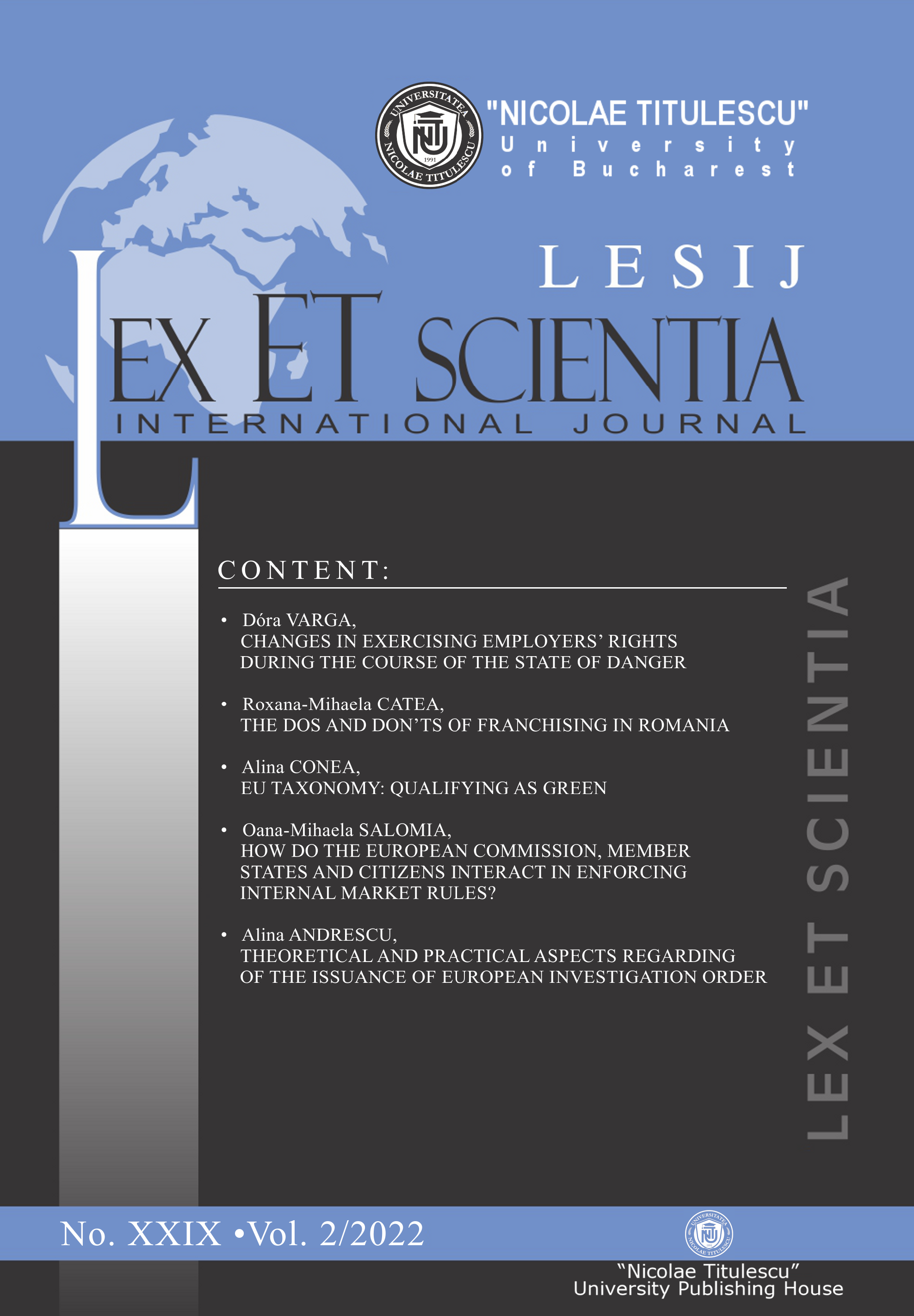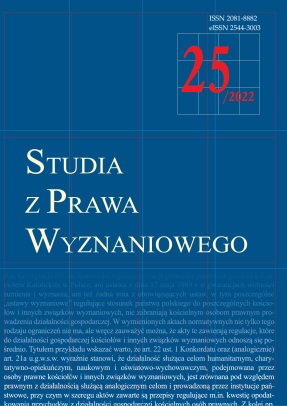АКСИОЛОГИЈА МОНЕТАРНОГ ПРАВА У ВАНРЕДНИМ ОКОЛНОСТИМА:ПРИМЕР ПРАВА НУЖНОСТИ
The process of qualitative evolution of monetary law in modern economic and business circumstances has resulted, among other things, in its transformation from a discipline that belongs to the domain of legal and economic science to a discipline that increasingly takes into account the social needs and problems of ordinary people. The emphasis on a humane approach in the regulation of monetary relations in periods of crisis implies the duty of the central bank (as the supreme subject of monetary law) to include a component that measures the impact of the specific central bank program, measure or instrument on people’s living standard, i.e. the quality of life of monetary users that can to be shaken in times of crisis. If, in addition to monetary law as an independent scientific discipline, there are subjective monetary rights of citizens to a safe and stable domestic currency, the central bank (as the bearer of monetary sovereignty) must help them in the circumstances when these rights are temporarily shaken and concurrently work to restore the credibility of the monetary system. Practice has shown that it is possible to achieve these goals by exploiting the potential of soft monetary legislation which is more adaptable the disruptions in the economy and takes more care of the well-being of the individual. The contribution of the subjects of monetary law in the implementation of this approach and success in the smart normative creation of new monetary solutions can differ more or less depending on the level of development of monetary awareness.
More...

